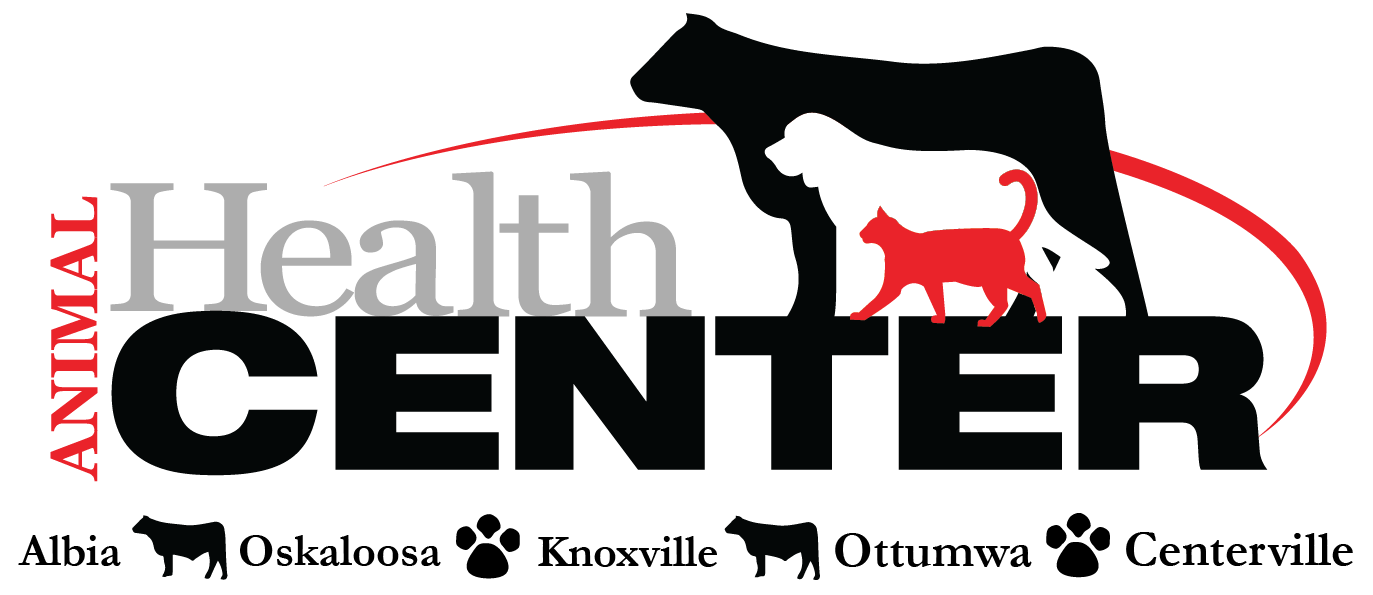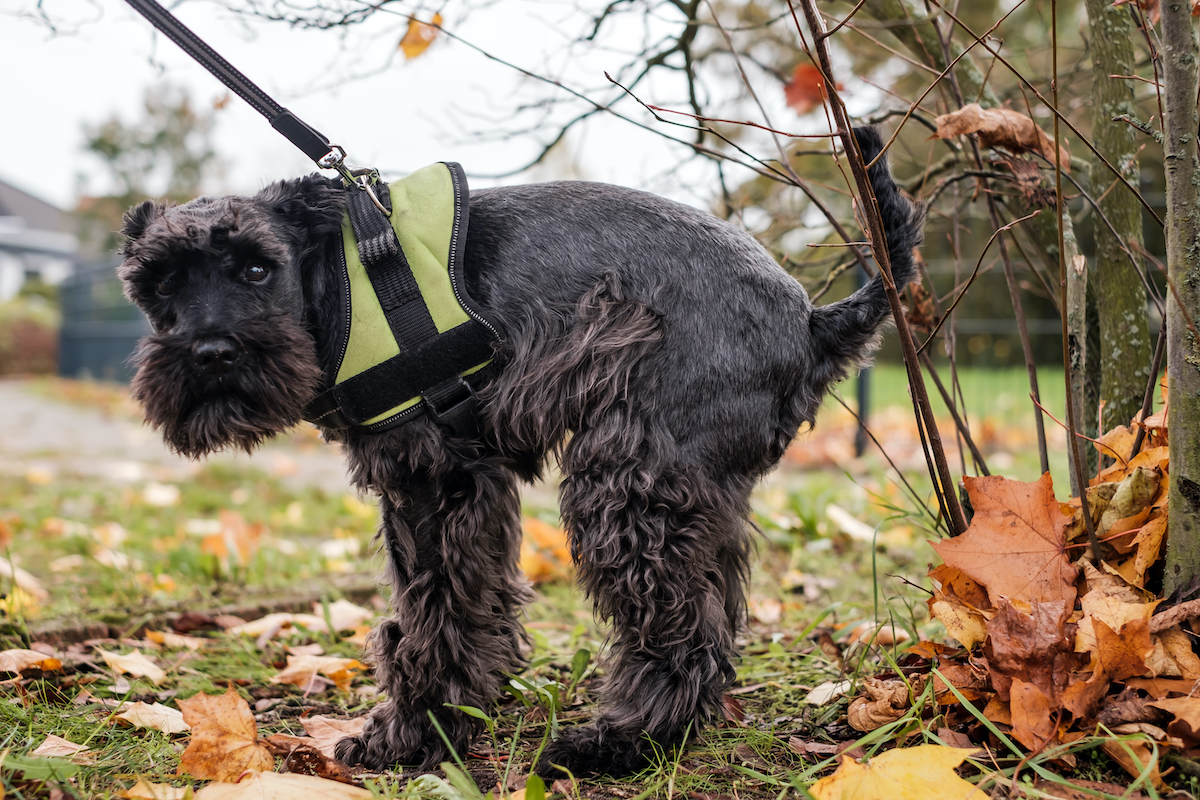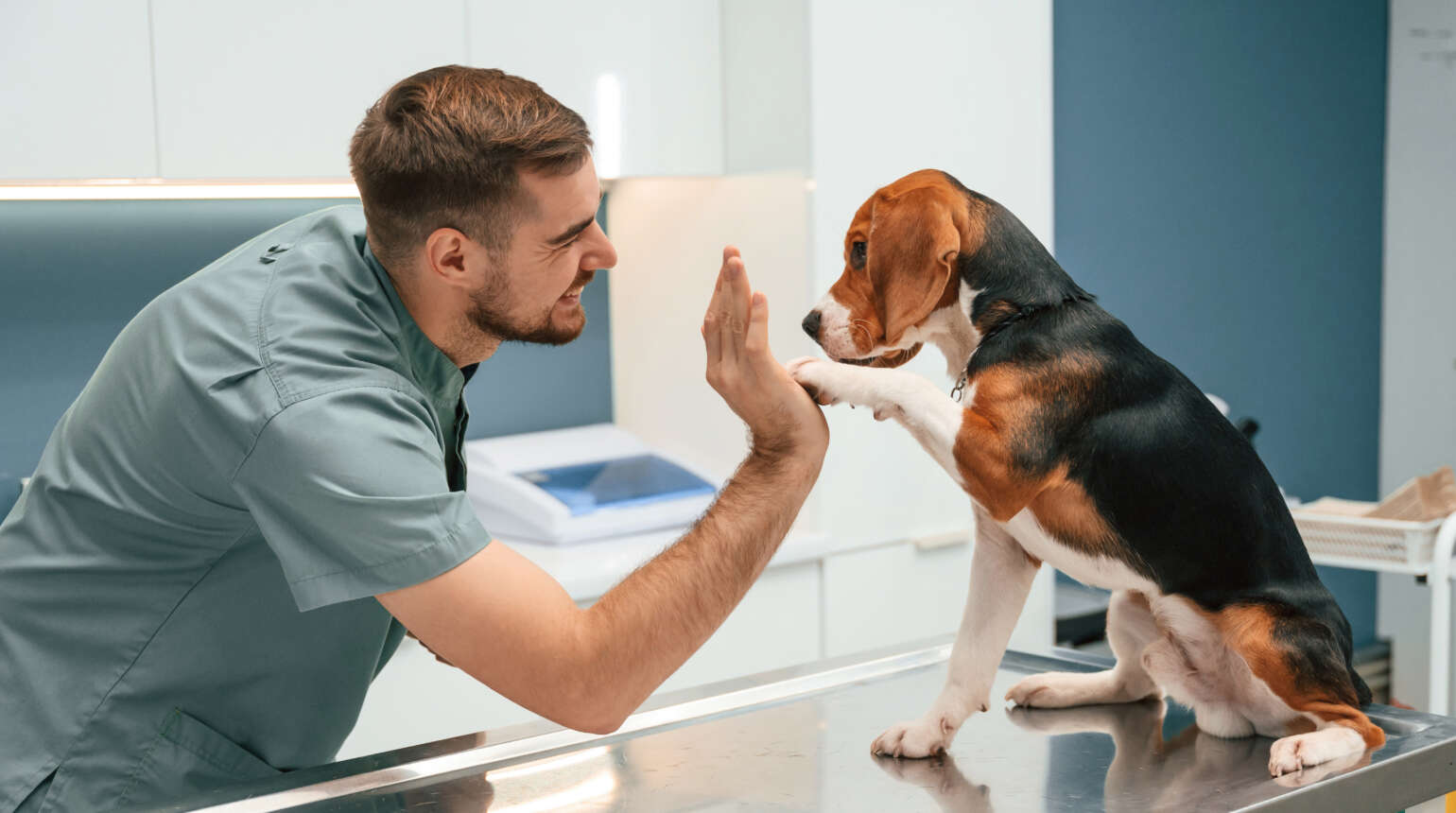Hunting plastic eggs full of chocolate, beautifully fragrant lilies abound, and ham falling-off-the-bone. For humans, these are just a few of the simple joys that Easter brings! For pets, these pleasures pose a significant danger. While you’re preparing for this special day, be sure to be eggs-tra careful of the hazards this holiday can bring to your dog or cat.
Chocolate: Chocolate is poisonous for both dogs and cats alike. Chocolate contains caffeine and theobromine, which can cause gastrointestinal upset, pancreatitis, stimulation to the nervous system (like hyperactivity, tremors, and seizures), and elevation in heart rate. Cats are less likely to scarf down chocolate because they don’t have a sweet tooth, but your dog is likely to sniff it out! The darker the chocolate, the more dangerous it is to your pets. If your dog or cat is displaying symptoms such as vomiting or diarrhea, give us a call immediately!
Other candy ingredients to keep out of your pet’s reach include raisins, macadamia nuts, sugar-free candies sweetened with xylitol, and alcohol.
With all the commotion of an easter egg hunt, it can be hard to keep an eye on your pet. Opt to crate them or keep them in a separate room away from reachable candies. And remember to keep it out of paws-reach as you snack on these treats throughout the month.
Easter Lilies: These beautiful white blooms are so festive and can elevate your tablescape when entertaining over the holiday – but they are also very toxic to cats. The toxicity of this plant is so severe, ingesting any part of the lily has been linked to acute kidney failure that can lead to death for feline furbabies.
Because of cats’ top-notch jumping skills and their tendencies to sit on tables and countertops, we recommend removing Easter lilies from your home completely. Fake lilies are a perfectly safe substitute for some blossoming décor
Fake Grass / Easter Basket Fillers: Ditch the cellophane grass (or other plastic fillers) you use to stuff your Easter baskets. This shiny, brightly colored lining may help to take up space, but it could also look like a toy, a snack, or something easily snatch-able by your pet. Plastic is not digestible and can cause serious gastrointestinal blockages if consumed. Symptoms of a blockage can include vomiting, diarrhea, weight loss, lethargy, loss of appetite, stomach pain, and/or bloating. Often these obstructions need to be surgically removed.
If you’re looking for a pet-friendlier substitute for your Easter basket filler, consider the paper grass option. A little paper now and then isn’t likely to result in more than an upset tummy (if anything).
Ham Bones and Table Scraps: It’s tempting to throw your dog a bone (literally) when you are just going to throw it away anyways. Don’t give your dog cooked bones of any kind. As bones cook, the collegian and nutrients are leached from the bone, leaving it soft, flexible, and brittle. When chewed on, the cooked bone can easily splinter, not only causing a choking hazard but serious internal damage. While raw bones are safer for dogs than cooked bones, they also have risks associated with them. Skip the bone treat and give them a vet-approved treat, like a Greenie!
Your Easter feast may also include fatty meats that aren’t great for your pet. Side dishes flavored with onions, garlic, chives, and leeks are also toxic to pets and can cause gastroenteritis. It’s best to crate your pet or put them in a separate room during mealtimes, so your guests can better resist their big begging eyes!
Unsure about your pet’s safety in regard to your holiday plans? Feel free to give us a call with any questions you may have!



